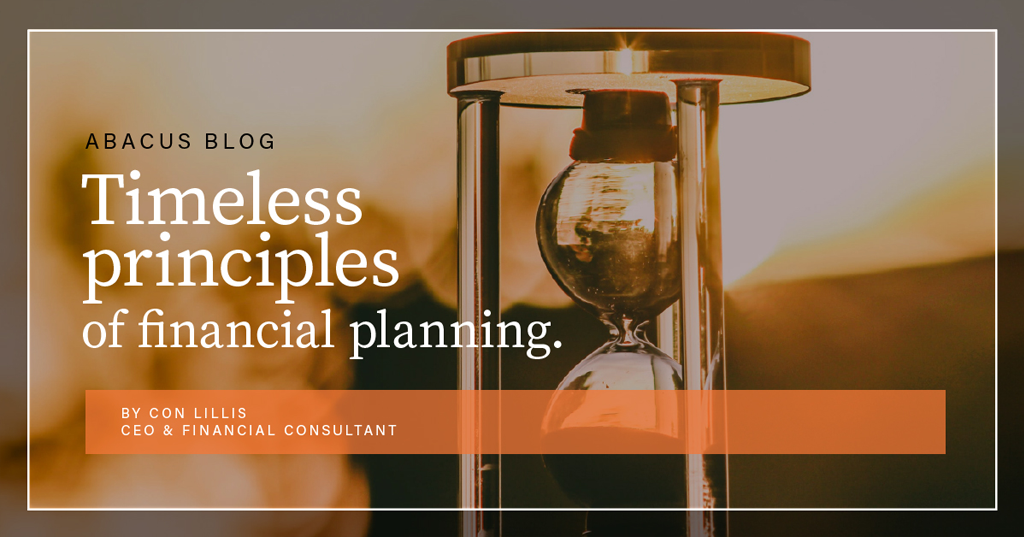So many of the conversations I and my fellow colleagues have had with our clients over the last few weeks, finish the same way – the current financial situation is without precedent, but events are factored into your financial plan, so we don’t need to change anything right now. This might seem counterintuitive. How can something unprecedented be factored into a plan? Our approach to financial planning explains this paradox.
Before our clients invest any money, we work with them to identify their attitude to investment risk. This process involves a review of some questions designed to highlight an individual’s likely reaction to certain events. Once we have determined their attitude to risk, we can then build a portfolio, with a spread of assets that corresponds with their risk profile (certain classes of asset have intrinsically higher risk than others). Events that could cause major fluctuations in the paper value of their portfolio are considered.
We also consider the purpose of the investment. The majority of our clients have distinct medium to long term goals, that can include things like paying for school fees, property investments and re-locating to another country; either their country of origin (or domicile), or another destination. We help them understand the difference between saving – setting aside cash for unforeseen circumstances and investing – committing funds to investments in order to achieve those medium to long term goals. We help them to balance savings and investments and in that balance, we try to make sure funds do not need to be removed from the investment part of the equation to cover unforeseen events. This cashflow approach is another way of factoring in events.
From an investment philosophy perspective, there is no physical evidence to support the notion that an investor can ‘time’ the markets. If it were possible, investors would all move in and out of markets at the same time, but they don’t. Markets are the sum total of all available information and we simply can’t outpace that information. On the other hand, there is a significant body of research that supports the idea that over rolling five-year periods, the markets have historically risen. So, stay invested over the medium term and you can achieve a positive return, even where a market has fallen sharply. We call this ‘time in the markets, not timing the markets’.
When something major happens, we naturally feel the need to react. Being aware of your emotions, analysing them against your original plans and coming to a rational conclusion, is an active process. It is however very difficult to do in isolation. In an effort to play our part in coping with the pandemic, we are offering free consultations to anyone who is concerned about their investments and the current volatility. There is no need to become a client of Abacus, you can just follow the link below and send an enquiry. We will be happy to help if we can.
By Con Lillis
CEO & Financial Consultant
O
0

